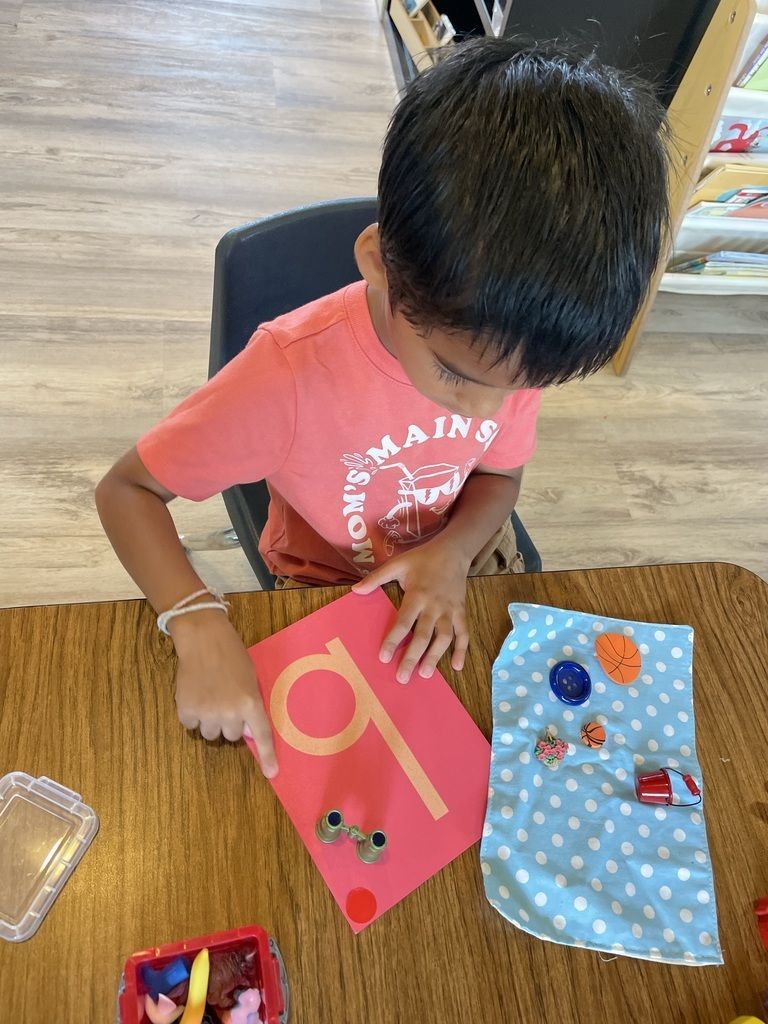Embracing Discipline with Montessori and "The Child Whisperer": Nurturing Your Child's Unique Energy Type

Disciplining our children is an essential part of parenting, and finding the right approach can sometimes be challenging. Fortunately, by incorporating Montessori philosophy and insights from Carol Tuttle's book, "The Child Whisperer," we can guide our children with love, understanding, and respect. In this article, we will explore how these two philosophies intertwine, providing valuable advice to help parents navigate the realm of discipline while honoring their child's unique personality type.
Montessori education is based on the idea that children are naturally curious and eager to learn. They are also capable of great self-discipline, given the right environment and guidance. When it comes to disciplining children, Montessori parents believe in using positive reinforcement and natural consequences, rather than punishment. Children should be treated with respect, even when they are misbehaving. This means speaking to them in a calm and clear voice and avoiding name-calling or threats. When children make mistakes, they should experience the natural consequences of their actions. Most importantly, When children behave well, they should be praised and rewarded. This will help them to learn that good behavior is rewarded.
Carol Tuttle builds on the Montessori philosophy by providing parents with a framework for understanding their child's unique personality type and behavior. According to Carol, "The child's personality is the key to understanding their behavior." She argues that by understanding our children's individual needs, we can better guide them toward self-discipline and positive behavior. Carol Tuttle believes that there are four basic energy types:
- Lions: Lions are active and assertive children. They need plenty of physical activity and challenges.
- Owls: Owls are quiet and introspective children. They need time to process their thoughts and feelings.
- Doves: Doves are gentle and sensitive children. They need to be treated with care and compassion.
- Tigers: Tigers are energetic and passionate children. They need to be given clear boundaries and expectations.
Carol reasons that by understanding our child's personality type, we can better understand their needs and respond to their behavior in a way that is both effective and respectful. For example, a lion child who is misbehaving may need to be given a physical outlet for their energy, such as a time-out in the backyard. An owl child who is misbehaving may need to be given some quiet time to process their thoughts and feelings. For Doves parents may need to embrace a light-hearted approach to discipline, utilizing humor, and incorporating games or playful activities to redirect behavior. Parents should validate their Tiger's personality need for structure, order, and precision, and allow them time for introspection and independent decision-making.
Overall, "Parenting is not a one-size-fits-all approach. It is about understanding, respecting, and embracing the individuality of our children," says Carol. Disciplining our children is an opportunity to guide them in their journey of growth and self-discovery. By combining the principles of Montessori and the insights from "The Child Whisperer," we can tailor our approach to honor our child's unique energy type. Remember, discipline is about teaching, guiding, and supporting, rather than controlling or punishing. Let's embrace this transformative journey, fostering a loving and respectful environment where our children can thrive.


The Importance of Global Citizenship in Montessori Education: Introducing Kids to Different Cultures








